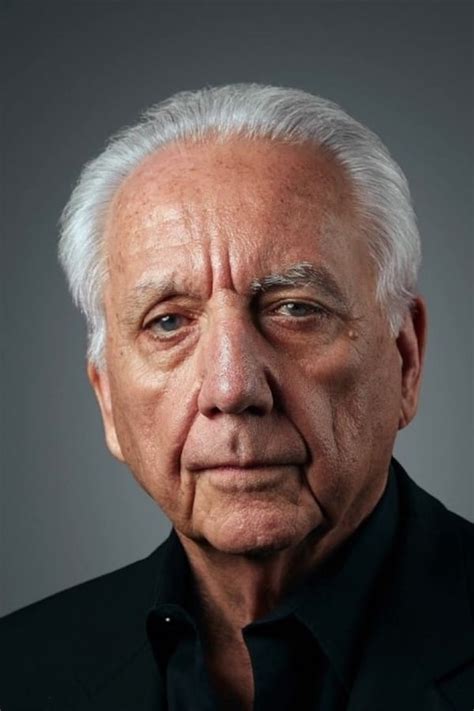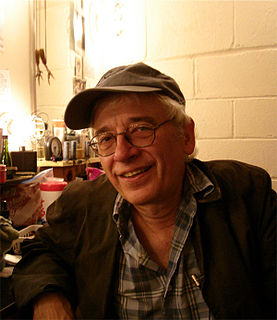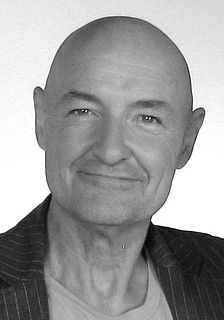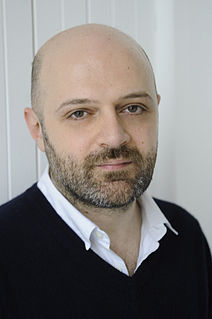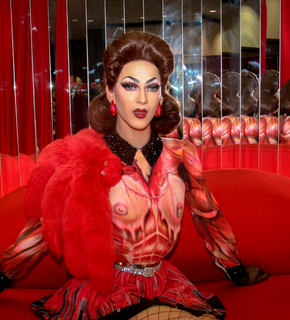A Quote by Bennett Miller
A lot of the time, excess on a film set is just damaging.
Related Quotes
One thing that is very different technically is that you don't get a lot of coverage in television. Not like you do on a film. I know we don't have time for separate set-ups, so I will design a scene where I'm hiding multiple cameras within that set-up. That way, if I don't have time to do five set-ups, I can do four cameras in one set-up. It's a different kind of approach for that. For the most part, a lot of television, in a visual sense, lacks time for the atmosphere and putting you in a place.
I'm planning some films in the U.K., and it will have pros and cons. It takes a lot more time to set up a film in the U.K., because you can't rely on much. In Greece, friends show up and bring what they can and you make the film. Well, that's a bit simpler than how it really is. But when you make a film with proper industries, it takes more time to synch all these things.
Unfortunately, when you're working in film, it's this huge machine, and you've got to get everyone right there, so you get kind of locked into things. I'm not sure where the artistry in film making is. It's usually that moment when you're on set and you're working with the actors. That's the time to play around, the moment of theater. And then you can shape things. But a lot of it is just managing stuff. It's upsetting because you get away from the core.
Not only do I look at the playback with the actors, but I look at the on-set assembly footage with the sequences with my actors as well. These are the reasons why I take twice as much time to shoot a film in Korea. Thinking back, I remember on my first ever Korean film, I never used any playback or on-set assembly, so all I had to do was to tell myself it's just like making my first ever Korean-language film. After that, I felt right at home.
Well, I kind of did the math in my head when I was like, 9. I was like, 'Well, if I want to make films' - because I want to be a director - 'I could just go on a film set and learn there.' And then I ended up falling in love with acting and the set and making friends all the time. And so I've just been doing that ever since.



